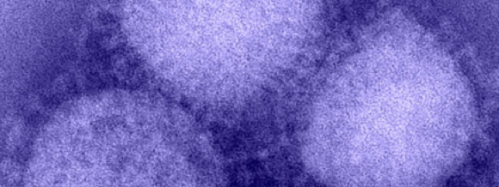New findings into conquering influenza

Reseachers from the University of Melbourne and The Walter and Eliza Hall Institute (WEHI) have discovered a new protein that protects against viral infections such as influenza.
As influenza spreads through the northern hemisphere winter, Dr Linda Wakim and her colleagues in the Laboratory of Professor Jose Villadangos from the Department of Biochemistry and Molecular Biology, and the Department of Microbiology and Immunology, believe they have a new clue to why some people fight infections better than others.
The lab has been investigating the 'defensive devices' contained within the T-cells that are located on exposed body surfaces such as skin and mucosal surfaces to ward off infection. T-cells detect cells infected with viruses and kill them before the virus can reproduce within the infected cell and spread to other cells.
Researchers found these cells contain the protein IFITM3 and this makes them more resistant to viral infections such as Influenza. The findings have been published in Nature Immunology.
"If we learn how to increase the number and longevity of T-cells expressing IFITM3, this could lead to improved vaccines that promote the generation of more resistant T-cells able to provide the greatest protection, for longer." Professor Villadangos said.
Dr Wakim said "We are currently trying to understand why some T-cells and not others express this protective molecule. Probably they encounter some form of chemical signal (a cytokine, or a surface molecule) in the tissues where they lodge, which induces the expression of IFITM3. If we identify these chemical cues, we may be able to include them in future vaccines."












